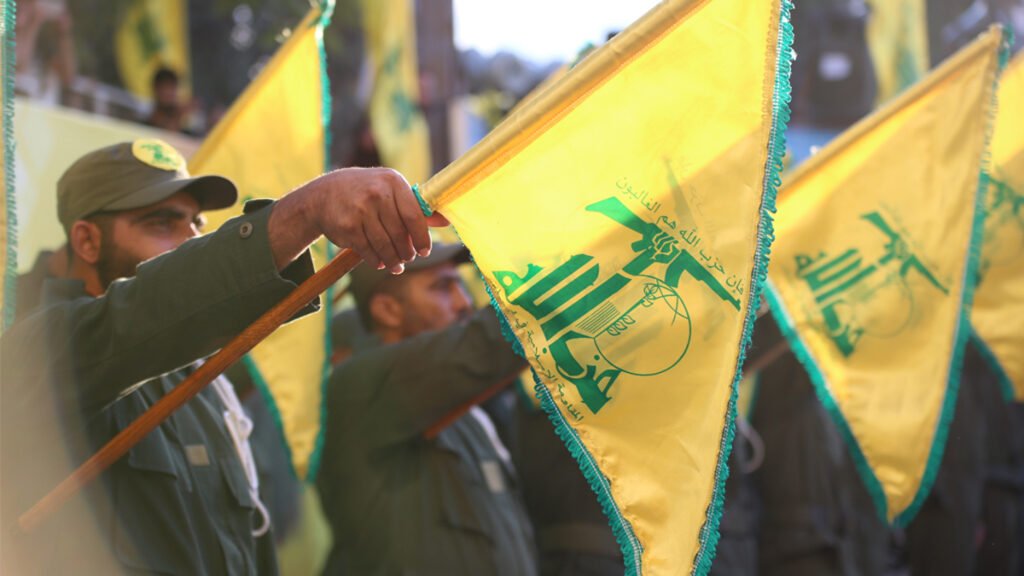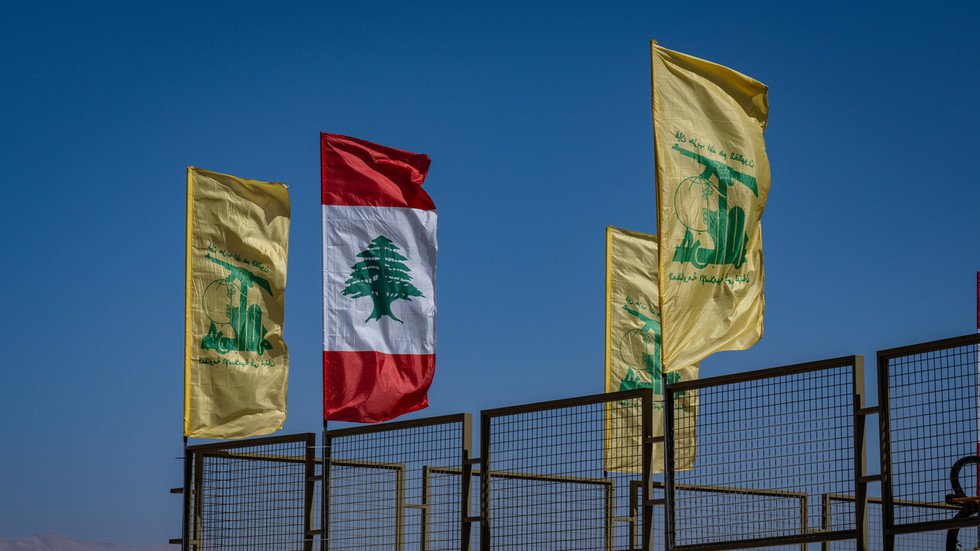Escalation in the Middle East: Netanyahu’s Provocations and the Cost of Imperialism
The assassination of Hamas leader Ismail Haniyeh in Tehran marks a dangerous new chapter in the Middle East conflict. Israeli Prime Minister Benjamin Netanyahu’s actions appear aimed at inciting regional escalation, a strategy that many argue is designed to bolster his hold on power. This recent killing, part of a broader pattern of provocations, has brought the region closer to all-out war, with ripple effects that extend beyond Israel’s borders and implicate Western allies, especially the United States.
Netanyahu’s recent visit to the U.S. Congress underscored this agenda. Lauded by certain lawmakers, he reiterated his aggressive stance on Gaza, emphasizing Israel’s “right to defend itself” despite widespread criticism of the humanitarian toll in Gaza. Meanwhile, President Biden and Vice President Kamala Harris have provided unwavering support for Israel’s actions, while global observers increasingly view U.S. backing as a license for Netanyahu to continue his military campaigns unchecked.
Sabotaging Peace for Political Survival
It has become evident that a negotiated settlement is not part of Netanyahu’s agenda. He has repeatedly undermined peace talks, and the recent assassination of Haniyeh, Hamas’s chief negotiator, underscores his determination to destabilize the region further. By continuing to stoke tensions, Netanyahu secures his political position amidst domestic challenges, counting on the blanket support of the U.S. administration, which provides both financial aid and strategic military backing.
This reliance on the U.S. reveals the limitations of American influence. While the Biden administration voices “concern” for the humanitarian crisis, their primary interest appears rooted in securing regional power. An escalation risks revolutionary upheaval in U.S.-aligned regimes and could lead to a profound shift in global politics, especially if regional conflicts disrupt oil supplies and other economic interests critical to Western economies.
Efforts within the U.S. and Israeli establishments to check Netanyahu’s aggressive policies, including attempts to prop up opposition leader Benny Gantz, have failed, forcing Washington to support Netanyahu’s regime. Biden’s decision to redeploy U.S. forces to safeguard Israel from potential retaliation by Iran further underscores America’s unyielding support, despite the risk of drawing the U.S. into a deeper regional conflict.

A Tipping Point in Regional Stability
Netanyahu’s recent actions, including the killing of senior Hezbollah commander Fuad Shukr in Beirut and the strike on Haniyeh in Tehran, represent calculated provocations intended to elicit responses from Iran and Hezbollah. Though Israel has avoided direct responsibility claims, its leaders’ public comments betray the intent behind these attacks. As a result, the region inches closer to a tipping point, with the potential for a larger regional conflict that could engulf surrounding nations.
The Israeli assault on Gaza continues, with relentless bombings, and the destruction of basic infrastructure has pushed Gaza’s humanitarian crisis to catastrophic levels. While Biden’s calls for “humanitarian pauses” are superficial at best, the international community’s response has been similarly hollow, with the UN offering only tepid condemnation. This veneer of diplomacy does little to address the suffering on the ground, as the death toll climbs, leaving countless women, children, and elderly at risk.


Western Complicity and Rising Anti-Imperialist Sentiment
The Israeli government’s ongoing campaign has highlighted the hypocrisy in Western diplomacy. Figures like U.S. Secretary of State Antony Blinken and European leaders have issued calls for restraint but continue to back Israel, regardless of civilian casualties. This disparity between rhetoric and action has fueled anti-imperialist sentiments across the Middle East, where the U.S. is increasingly seen as complicit in Israel’s policies. Regional leaders such as those in Saudi Arabia, Egypt, and Jordan, while publicly uneasy with Israel’s aggression, remain unwilling to break ties with Washington, underscoring the depth of their economic and strategic dependence on U.S. support.
Conversely, the Iranian regime uses the Palestinian plight to assert its position in the region. For Iran, Haniyeh’s assassination cannot go unanswered, as failing to respond would signify a vulnerability to its allies and rivals alike. Haniyeh’s death also undermines ongoing ceasefire negotiations and reveals the extent to which Netanyahu’s government will go to ensure that a negotiated peace remains out of reach.
Implications for a Global Working-Class Movement
The events in the Middle East reflect the broader crisis of global capitalism, where imperialism and conflict are symptoms of systemic exploitation. To confront this, a mobilized working class and youth-led movement across the world must oppose imperialist wars and demand accountability from their governments. This movement must be rooted in opposition to domestic ruling classes that are complicit in supporting imperialist agendas, especially as Western governments continue to funnel resources into conflicts that benefit capitalist interests at the expense of civilian lives.
The solution lies in a revolutionary restructuring of the economic and political systems that sustain such conflicts. By mobilizing internationally, workers and youth can push back against imperialist aggression, building a foundation for peace and security rooted in social and economic justice. Only a united effort aimed at dismantling the forces of capitalism and imperialism can pave the way for a socialist future in the Middle East and beyond, one that is defined by cooperation rather than domination.

